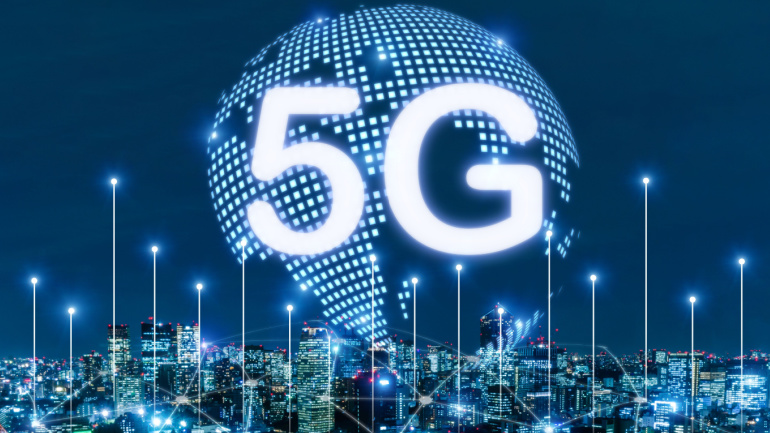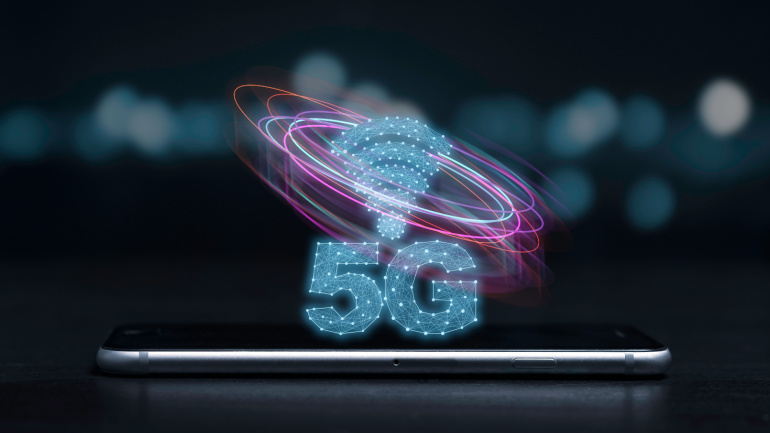In a comprehensive analysis conducted by MedUX, a connectivity testing firm, Berlin emerged as the front-runner in providing the best 5G experience across major European cities. The study, which encompassed extensive testing in cities such as Barcelona, Paris, Lisbon, Milan, Porto, Rome, Madrid, Munich, and London, highlighted Berlin’s superior performance in data and over-the-top (OTT) experiences, alongside its impressive overall score of 4.69 out of 5.
Telefonica, a leading international mobile operator, has made a strategic investment in Mitiga Solution, a pioneering firm dedicated to the management of climate-related risks. This move signifies a major step in combining advanced climate science with artificial intelligence to offer innovative solutions for assessing environmental risks.
Neterra, a telecommunications trailblazer for nearly three decades, recently secured the prestigious ‘Best Central & Eastern European Carrier’ award at the Global Carrier Awards 2023. In an exclusive interview with Svetoslava Bancheva, the PR and Digital Communications Manager, Neterra’s evolution from providing Bulgaria’s first internet connection to becoming a global telecom solution provider unfolds. Svetoslava highlights pivotal milestones, including running submarine cables under the Danube River and the establishment of the Sofia Data Center.
In a surprising turn of events, Vodafone has once again declined an enhanced merger proposal from Iliad for its Italian operations, despite the latter’s efforts to sweeten the deal. Iliad had revised its initial offer, made two years ago, in December, proposing a 50:50 joint venture that valued Vodafone Italia at €10.45 billion. This arrangement would have netted Vodafone €6.5 billion in cash and a €2 billion shareholder loan, with additional cash influx opportunities through a buyout option.
In a significant development in the field of satellite communications, Hellas Sat has joined forces with Thales Alenia Space, a collaboration between Thales and Leonardo, under a newly signed Memorandum of Understanding. This agreement marks the beginning of their joint venture on a pioneering optical communication satellite project.
As the new year unfolds, Vodafone has released a compelling report, underscoring the urgent need for regulatory reforms to bolster Europe’s telecommunications sector. The report, titled “Why Telecoms Matters,” paints a stark picture of the challenges Europe currently faces, emphasizing the pivotal role of mobile technology and digital transformation in overcoming these obstacles.
In a collaborative effort to bolster marine conservation initiatives, Orange Business, the business-to-business (B2B) segment of a prominent European telecommunications group, has joined forces with Tēnaka, an organization dedicated to safeguarding marine ecosystems. The partnership aims to enhance coral reef restoration within a Marine Protected Area of the Coral Triangle in Malaysia, focused on the protection and preservation of wildlife.
Enreach, Europe’s leading provider of converged contact solutions, announced that Tonny Siemons, the company’s business development lead for its Microsoft Teams and Microsoft Operator Connect integration strategies, will speak at ITEXPO, one of the world’s largest communications technology conferences. The event is scheduled for 13-15 February, 2024 at the Broward County Convention Center in Fort Lauderdale, Florida.
Recognizing the growing demand for mid-band spectrum, the International Telecom Union (ITU) appends new frequency bands for 5G usage. A significant addition was the 6GHZ spectrum, which is anticipated to facilitate the 5G evolution. Multiple global operators have conducted successful tests, making strides toward a seamless shift to 5G-Advanced. This advancement not only opens a myriad of industry opportunities but also promises an improved user experience potentially comparable to the fiber experience.
EllaLink has been selected by French Guiana’s SPLANG to construct an 8,000 km submarine link, a pioneering step towards direct, high-capacity connectivity between Latin America and Europe. This commendable feat also includes the addition of a 2,100 km cable extension, further broadening the EllaLink network. Embracing cutting-edge technology, such as the ROADM WSS branching unit, the extended network ensures direct and speedy connectivity from French Guiana to Europe, with an RTD latency of under 80 ms.













